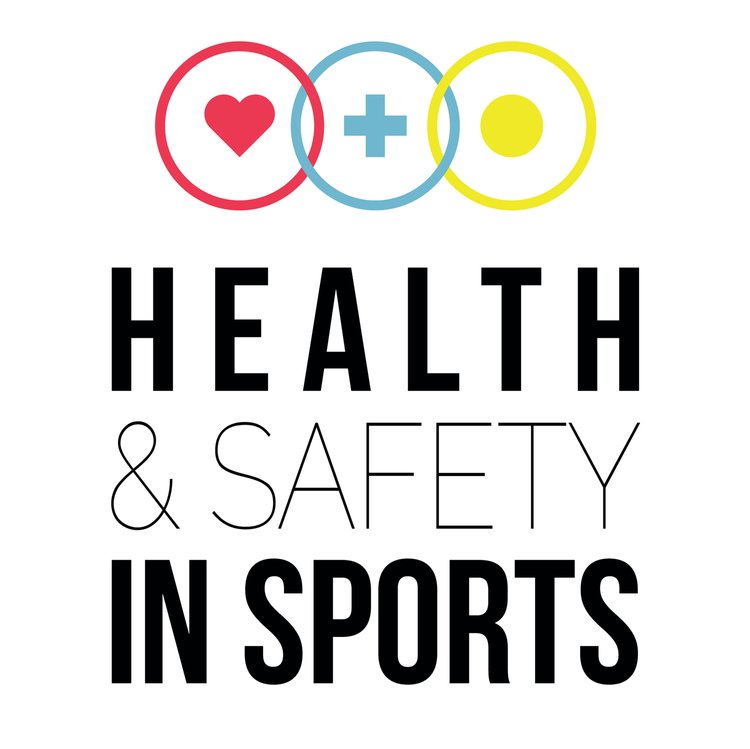Miriam van Reijen just got the second paper in her PhD out in Sports Medicine. This review sought to described how sport injury prevention studies vary in the way compliance with an intervention is defined, measured and adjusted for. The review was conducted in conjunction with our colleagues from the Australian Centre for Research into Injury in Sport and its Prevention (ACRISP).
The objective of this systematic review was to assess the extent to which sport injury prevention randomised controlled trials (RCTs) have defined, measured and adjusted results for compliance with an injury prevention intervention. An electronic search was performed in MEDLINE, PubMed, the Cochrane Center of Controlled Trials, CINAHL (Cumulative Index to Nursing and Allied Health Literature), PEDro (Physiotherapy Evidence Database) and SPORTDiscus. English RCTs, quasi-RCTs and cluster-RCTs were considered eligible. Trials that involved physically active individuals or examined the effects of an intervention aimed at the prevention of sport- or physical activity-related injuries were included.
Out of 100 studies included, 71.6 % mentioned compliance or a related term, 68.8 % provided details on compliance measurement and 51.4 % provided compliance data. Only 19.3 % analysed the effect of compliance rates on study outcomes. While studies used heterogeneous methods, pooled effects could not be presented. Those studies that account for compliance demonstrated that compliance significant affects study outcomes. The way compliance is dealt with in preventions studies is subject to a large degree of heterogeneity. As such, it was concluded that valid and reliable tools to measure and report compliance are needed and should be matched to a uniform definition of compliance.
Van Reijen M, Vriend I, Mechelen WV, Finch CF, Verhagen E. Compliance with Sport Injury Prevention Interventions in Randomised Controlled Trials: A Systematic Review. Sports Med. 2016 Feb 11:1–15.
The full paper can be accessed here (open access)

